News

Mon, 05/23/2022 | UW News
Social media and ‘dissociative states’
UW researchers investigate if people enter a state of dissociation when surfing social media, and if that explains why users might feel out of control after spending time on their favorite app.
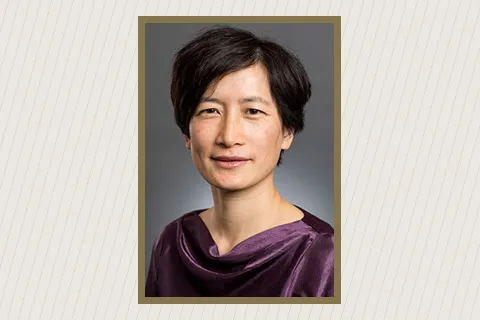
Wed, 05/18/2022 | College of Engineering
Professor Cynthia Chen named as interim chair of the Department of Industrial & Systems Engineering
"Cynthia’s dedication to leadership and service makes her exceptionally qualified to serve as interim chair of ISE."
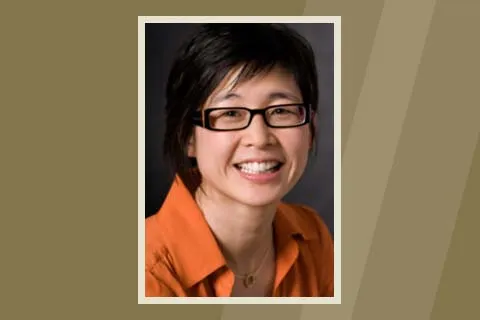
Mon, 05/16/2022 | UW News
Joyce Yen receives Presidential Award for mentoring
ADVANCE Center Director Joyce Yen has been honored with the Presidential Award for Excellence in Science, Mathematics and Engineering Mentoring.
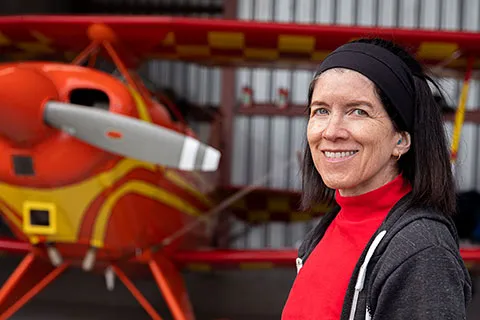
Mon, 05/16/2022 | UW News
Breaking barriers
Professor Cecilia Aragon vanquished fear to become the first Latina pilot on the U.S. Aerobatic Team — and the first Latina full professor in the UW College of Engineering.
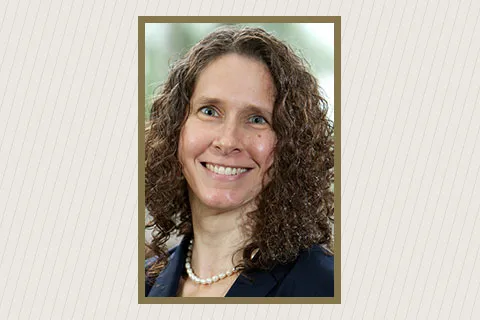
Thu, 05/12/2022
Pulitzer Prize-winning collaboration
A Miami Herald media team — which included CEE Professor Dawn Lehman as a key technical contributor — has received the 2022 Pulitzer Prize in Breaking News Reporting for its investigation into the partial collapse of Champlain Towers South.
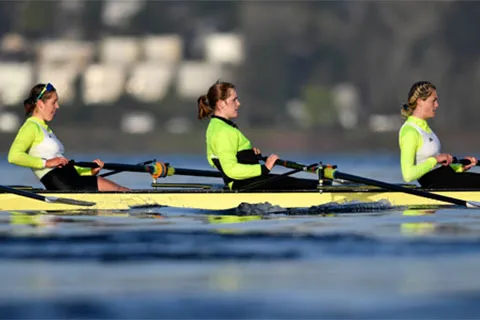
Mon, 05/09/2022 | Department of Bioengineering
Perseverance and discipline
Senior Claire Marion shares her journey as a bioengineering student and a member of the UW Women’s Rowing team.

Wed, 05/04/2022
ME undergrad competes on ‘Wheel of Fortune’
Abby Simcox represented the UW in March for College Week 2022 on the word puzzle game show.
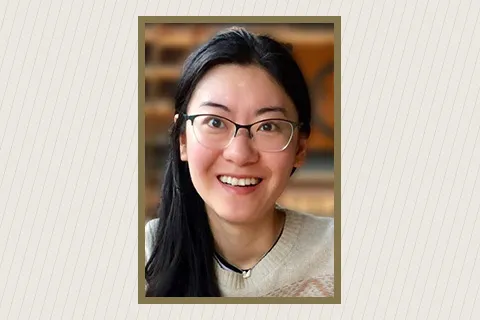
Mon, 05/02/2022 | UW Population Health Initiative
Modeling for better health care
ISE Associate Professor Shan Liu leverages modeling to improve health care systems and policies.
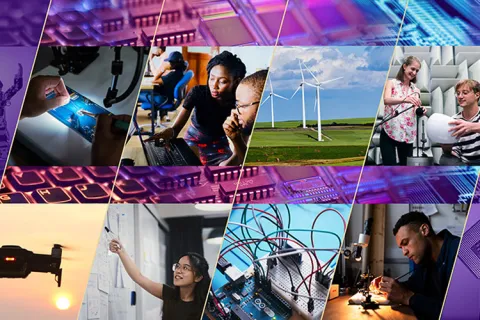
Thu, 04/28/2022 | Department of Electrical and Computer Engineering
UW ECE launches new undergraduate degree
Starting autumn 2022, UW ECE will begin offering a Bachelor of Science in Electrical and Computer Engineering (BSECE) rather than a Bachelor of Science in Electrical Engineering (BSEE).
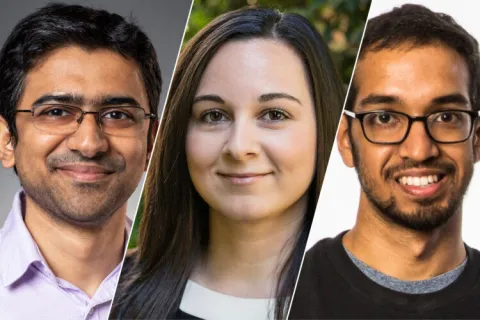
Fri, 04/22/2022 | UW News
Making Earth-friendly electronics
Three UW Engineering researchers discuss their innovative methods to design and manufacture sustainable electronics.
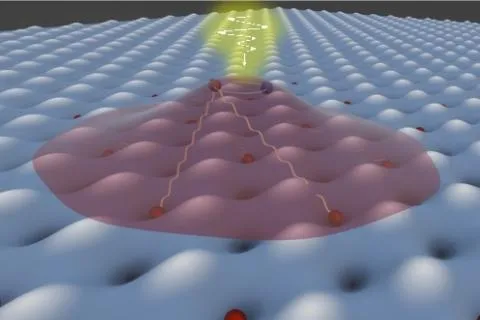
Thu, 04/21/2022 | UW News
Laser light magnetism
Researchers report that light from a laser can trigger a form of magnetism in a normally nonmagnetic material, a potential advancement for quantum computing.
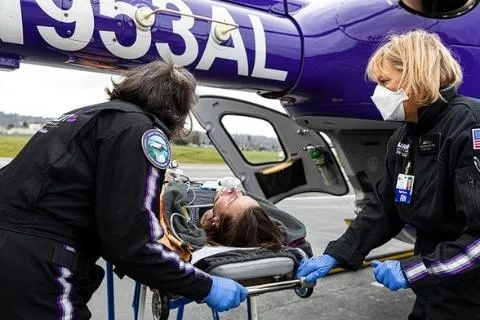
Tue, 04/19/2022 | Allen School News
Cost-aware AI for patient care
UW researchers demonstrate how predictive AI can benefit patient care — even on a budget.
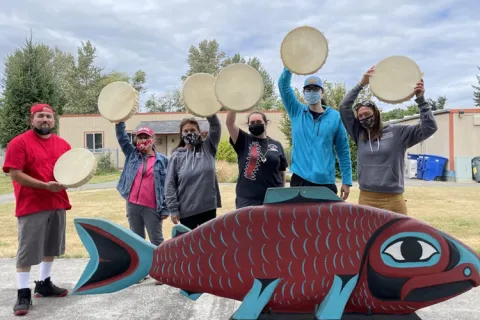
Mon, 04/18/2022 | Clean Energy Institute
Microgrids for energy sovereignty
Alumna Stephanie Bostwick aims to bring clean energy to her classroom at Northwest Indian College and to the Lummi Nation.
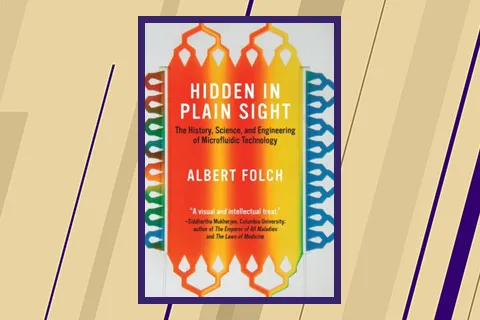
Fri, 04/15/2022 | Department of Bioengineering
Hidden in plain sight
BioE Professor Albert Folch reveals the world of tiny fluidics in his new book, which explores the history, science and engineering of microfluidic technology.
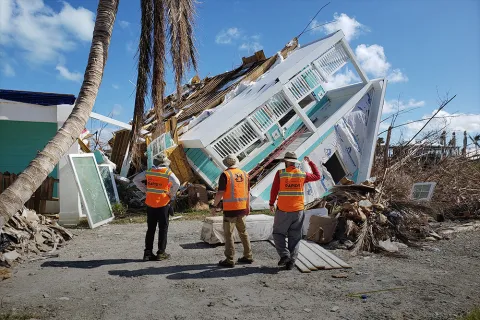
Tue, 04/12/2022 | UW Civil & Environmental Engineering
A RAPID transformation
CEE's RAPID facility continues to advance data gathering protocols and procedures in the aftermath of natural disasters, thanks to a $6 million NSF renewal grant.

Thu, 04/07/2022 | UW Chemical Engineering
“Gold star” research
Researchers have designed a bio-inspired molecule that can direct gold atoms to form perfect nanoscale stars — an important step toward understanding and controlling metal nanoparticle shape.
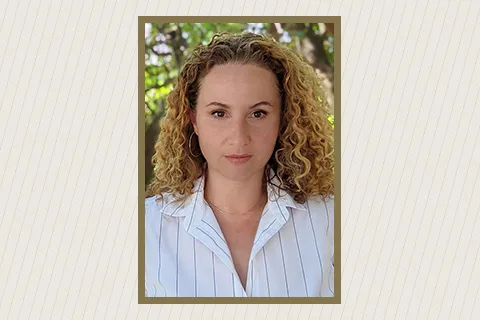
Wed, 04/06/2022 | Allen School News
Making AI and NLP more equitable
Allen School assistant professor Yulia Tsvetkov is on a quest to make natural language tools more equitable, inclusive and socially aware.
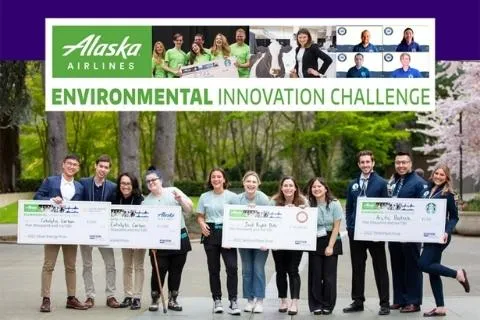
Mon, 04/04/2022 | UW Foster Blog
Congrats student teams
Engineering students were on several of the award-winning teams at this year’s Alaska Airlines Environmental Innovation Challenge.
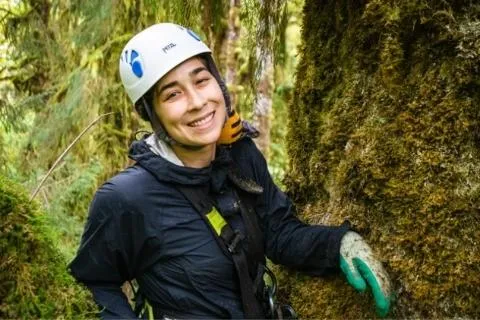
Mon, 03/28/2022 | UW eScience Institute
Mapping fungal relationships in trees
CEE postdoc Korena Mafune uses data science in her study of the symbiotic interactions among plants, fungi and bacteria.
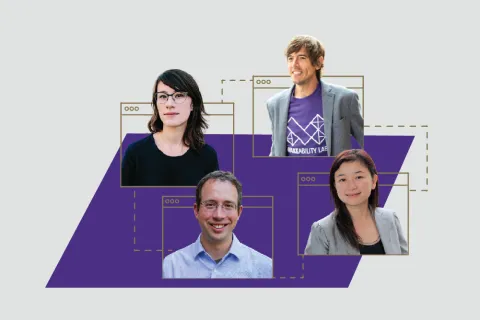
Mon, 03/28/2022
Learning outcomes
Four instructors share what they discovered from more than a year of remote teaching and what they’ve been integrating into their classes back on campus.

Thu, 03/24/2022 | University of Washington Magazine
Portage Bay Crossing
A new UW facility will bring together engineers, scientists and students to advance clean energy and health innovation.
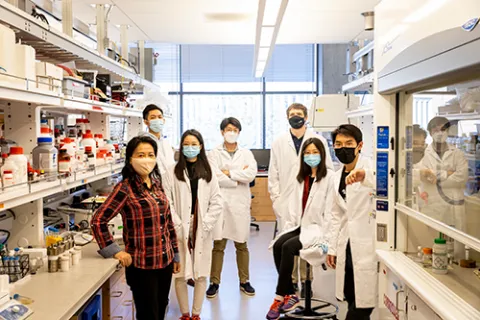
Mon, 03/21/2022 | UW NanoEngineering and Sciences
Nanoparticle for treating breast cancer
UW researchers have developed a targeted nanoparticle that kills cancer cells by simultaneously delivering chemotherapeutic drugs and activating the immune system.
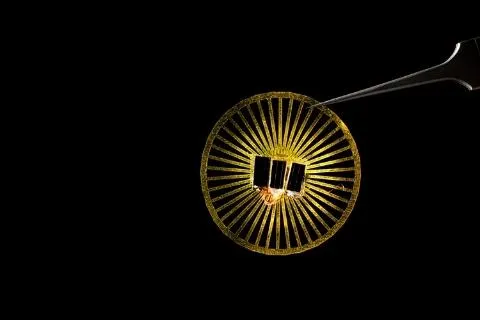
Thu, 03/17/2022 | UW News
Sensors inspired by dandelion seeds
Inspired by how dandelions use the wind to distribute their seeds, a UW team has developed a tiny sensor-carrying device that can be blown by the wind as it tumbles toward the ground.
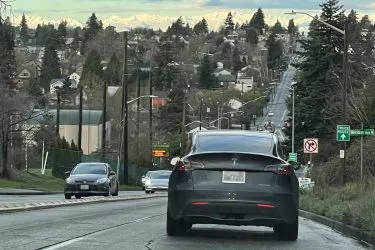
Tue, 03/15/2022 | UW News
Housing discrimination and air pollution
UW and UC Berkeley researchers have found that housing discrimination practices dating from the 1930s still drive air pollution disparities in hundreds of American cities today.
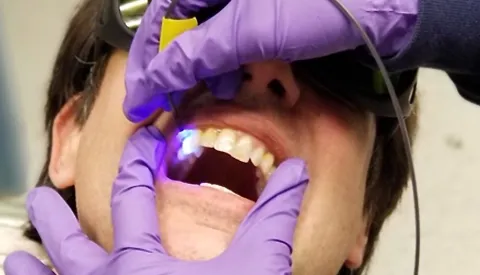
Fri, 03/11/2022 | UW News
New dental prototype for cavity preventionIn a new study, UW researchers have shown that a dental tool they created can measure the acidity built up by the bacteria in plaque that leads to cavities.